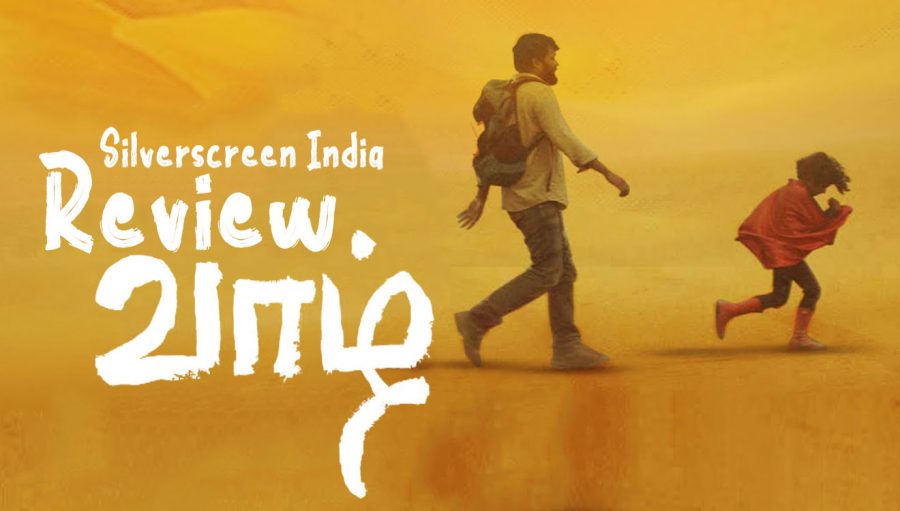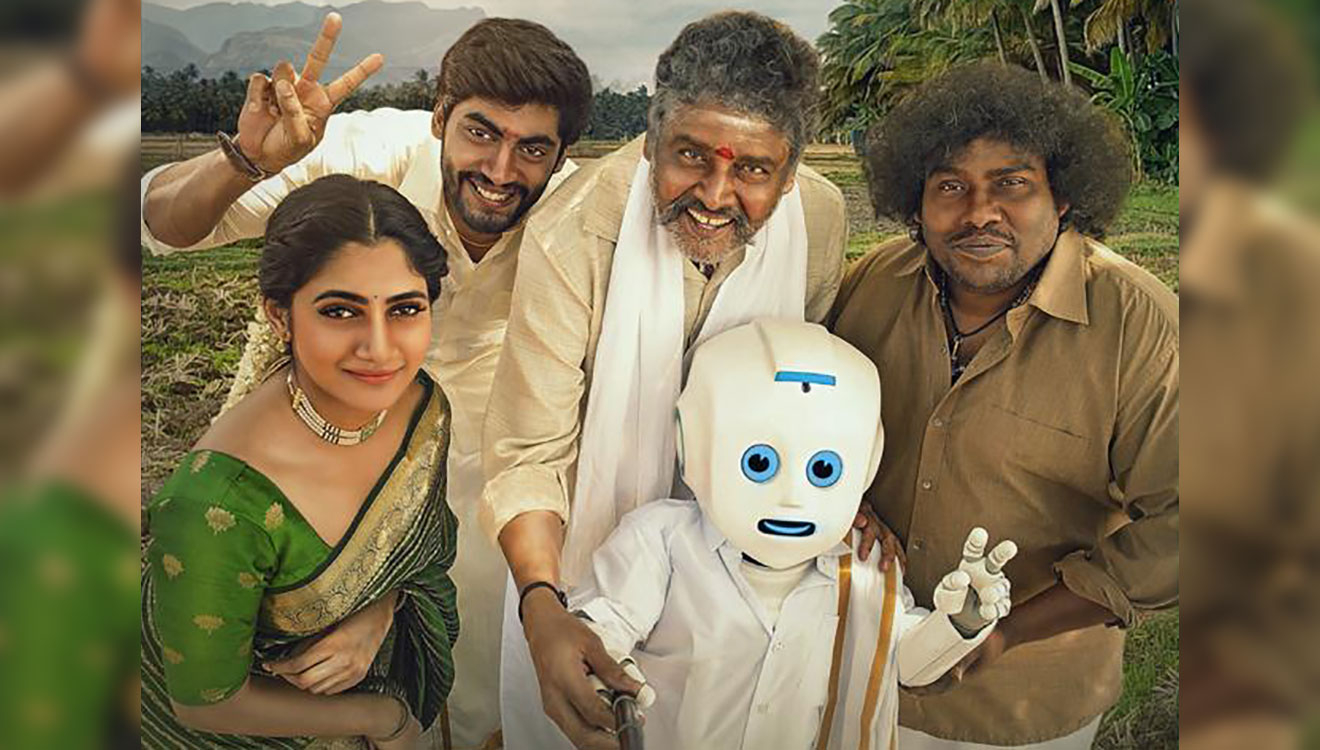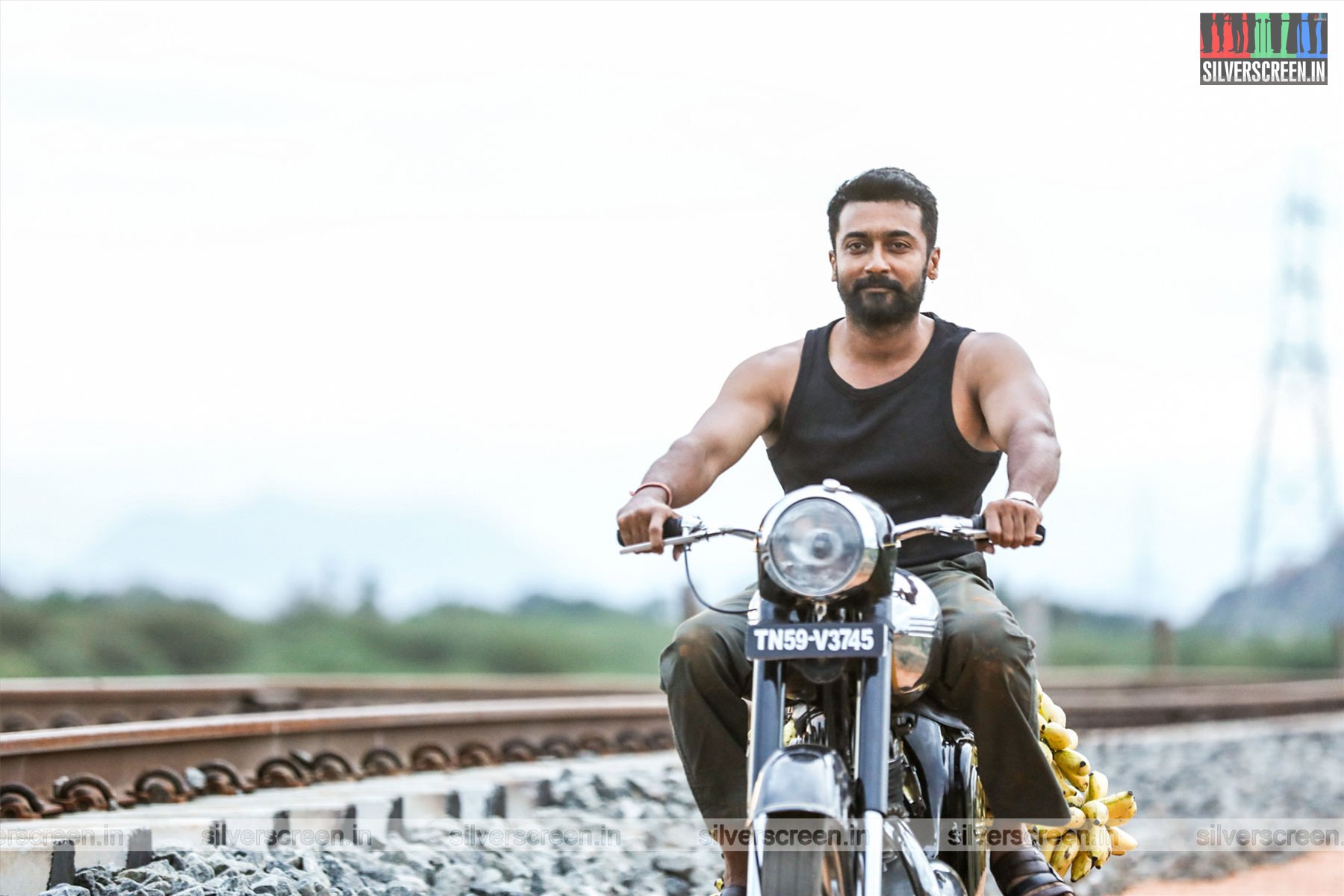Some time back, I had an acquaintance drop me home from a resto-bar. He was at best a remote presence until then; we had a few WhatsApp groups in common. One of the groups decided to meet, and I joined reluctantly. It was a quasi-professional meeting – we ate, drank, talked, shot pictures. Soon, we were pleasantly full, and the acquaintance was driving me home. We began talking. He told me he visits home – a town in rural Tamil Nadu – twice a month, has children, a wife he fell in love with by sheer accident. It was interesting, the tale that he narrated as we cruised through traffic. He had accompanied his father to the home of a prospective match – distantly related, he remembered playing with her when they were children and also that she was a couple of classes ahead of him in school. The moment he saw her, in his nervous anxiety, he’d addressed her akka – the Tamil suffix that one uses with a woman older in age. You could call it a lapse borne out of reverence, he said. But then, all hell had broken loose. He remembers making a number of calls to set things right; her sister would always answer her phone. She never returned his calls. A year later, he married the sister who took his calls. They have two kids. He has never met or spoken to his sister-in-law since.
To the acquaintance, it had been a profound life event; something that had defined his being; something he could talk about at will, in an effort to tell me who he is, what he is.
In Arun Prabhu Purushothaman’s Vaazhl, realities and lived experiences, and the natural routes that they take are ignored in favour of those that the director drafts for his protagonist. Prakash, an unremarkable youth, undergoes a seemingly remarkable transformation when he encounters people who challenge him, and are vastly different from him. The first agent of change he bumps into, he calls akka.
He’s at a funeral, sees a beautiful woman decked in traditional finery, tries to make her acquaintance. He realises that he already knows her – someone he has played with when young. Someone he hasn’t really seen in a long time, nor been privy to her growth into womanhood. When he sees her, sparks fly. When he realises she could be his cousin – older one, the sort of widely accepted consanguinity in Tamil society – sparks still fly, but they are now tinged with shame. It had been a fraternal relationship, until then. He takes in her husband and child – a picture of imperfect matrimony – addresses her respectfully in the plural, has vivid fantasies about her. Soon, he’s unwittingly sucked into the tornado that her life is, the dark recesses of her mind and marriage, and her machinations. Love – any kind of love – is ripe with agenda, he learns. And he’s too naïve to be playing on the same field as her – she, an adult, and he, a child with adult needs – a classic representation of the average Indian male.
Unsurprisingly, Vaazhl – spelt rather curiously in English (a friend theorized it could also mean sword) – takes after its protagonist. Director Arun, in his debut Aruvi (2017), had, with reasonable success, explored and portrayed the life of a young girl inching towards womanhood. It was real, it was messy, and stayed authentic to the lived experiences of women. Vaazhl, most tellingly, features a man in his mid-20s – a man who works, earns, drives, is an adult for all practical purposes, and yet, remains answerable to his mother for his life choices. He’s also a willing participant in the abuse of his sister, who dares to be an individual in her own right and brings home a lover. These events are shown to mark the coming-of-age of a fully-grown-man.
The incongruity here strikes hard when you realise that consciously or no, the director has laid bare the chasm in age when men and women are expected to take charge of their own lives. Aruvi’s Aruvi had more emotional breadth and implicit understanding of the world around her at 16 than Vaazhl’s Prakash at 25. Even as the film throws seemingly life-changing experiences at us through Prakash, they ring hollow – it’s a lovely, childish fantasy that long road trips, frivolous exchanges with strangers, and trips to exotic islands will help bring enlightenment.
Recommended
At some point, you do wonder if this was just an attempt at a long-drawn out satire – a savage mockery of the trope about travelling and its much-romanticised merits. But no, Vaazhl is quite serious in what it presents. If in Aruvi, we saw bra straps being forcibly tucked in as a brutal debut in adult society, in Vaazhl, there’s posturing with tribes in a faraway island. In Aruvi, we were shown emotions – raw, unedited; we were shown bodies that menstruated, transformed, felt. Vaazhl invokes no significant feeling that way. The director holds the script at arm’s length, doesn’t get as intimate with it as the tale deserves. He holds back from letting us in, telling us all there is, and throws some good-looking linen over the messy stuff. As always, the fairy-tale doesn’t cut, and it hides more than it shows.
*****
The Vaazhl review is a Silverscreen original article. It was not paid for or commissioned by anyone associated with the movie. Silverscreen.in and its writers do not have any commercial relationship with movies that are reviewed on the site.



